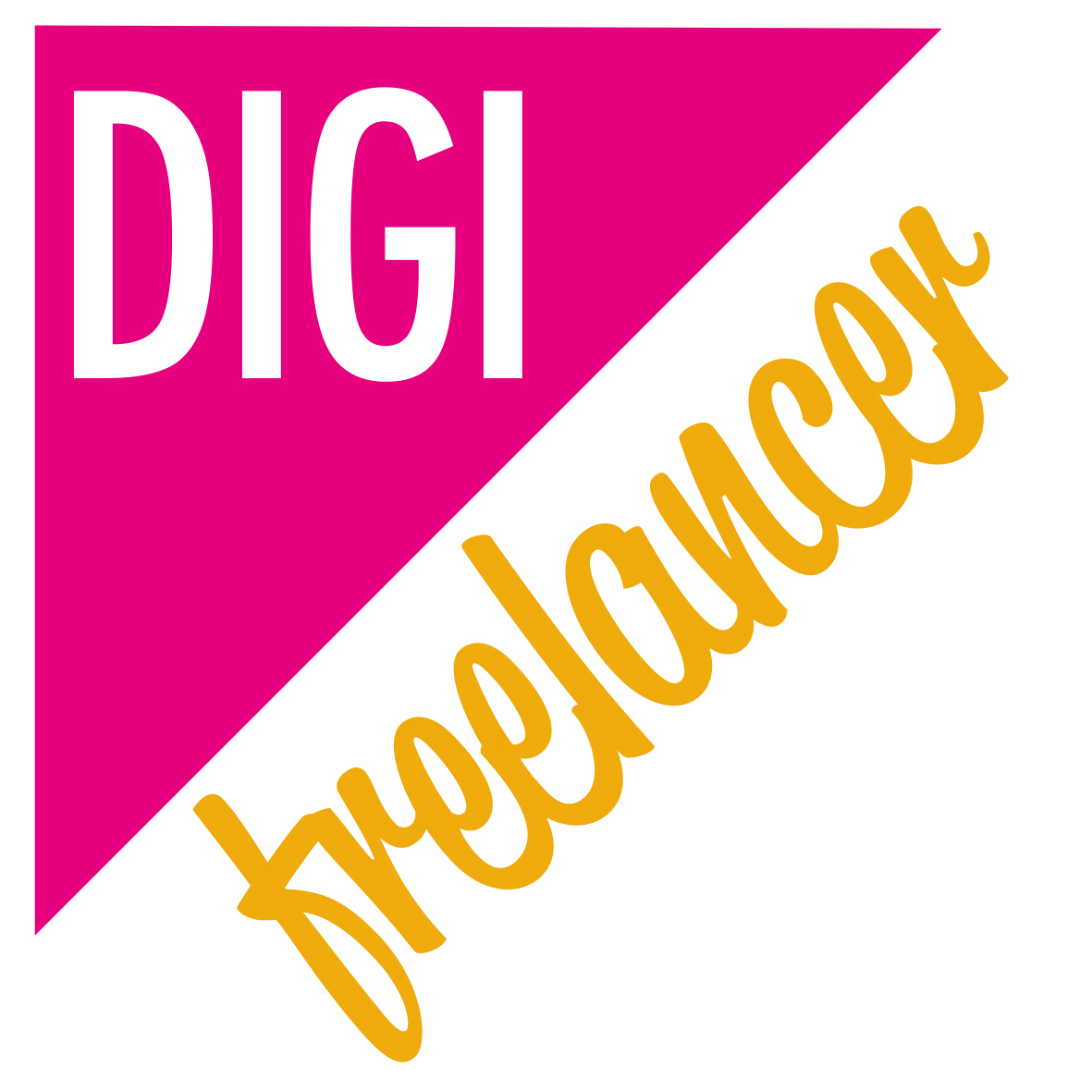About the Project
DIGIfreelancer – Digital and business skills for an incubator for freelance entrepreneurship, is a two-year project funded by the Erasmus + Program.
The overall objective of the project is to support and empower the freelance workers category, by creating an innovative, reference model to provide adequate entrepreneurial and digital training to these professionals, so that they can start or manage a continuous and valuable professional activity.
We want to create a virtual incubator to guide freelancers through:
1. high-level entrepreneurial training
2. digital literacy
3. targeted consulting
4. mentoring and accountability services
5. a network of qualified professionals at discounted prices to develop the business (accountants, lawyers, digital and branding experts, photographers, web designers, growth hackers etc.)
6. networking opportunities with other freelancers to initiate collaborations

FREELANCE ECONOMY
The Freelance Economy is becoming increasingly important. The 2008 financial crisis marked the introduction of freelancers as a new type of ‘service providers’ onto the market. Later on, with the Pandemic and its huge social and economic consequences, many employees turned into freelancers, or are planning to turn into freelancers. This trend does not concern only digital professions, that since their inception found their natural outlet in the formula of freelance work, but it is emerging in every field of service, whether craft or intellectual.
SUPPORT POLICIES
Despite the number of freelancers is increasing steadily in the European countries as well as worldwide, the policies to support the category are not growing at the same rate, and there is a lack of real training opportunities aimed at supporting not only the growing number of this category of workers, but also their quality in terms of entrepreneurial skills. The existing training proposal addressed to freelancers is limited, often borrowed from training for companies or start-ups and it is not built over the real needs of freelancers.
A NEW MODEL
Starting from this awareness, DIGIfreelancer aims to create a reference model to provide an adequate entrepreneurial and
digital training to freelancers, not only to support and empower the category at a European level, but also to provide these workers with valuable and effective tools so that they can start or manage a continuous and valuable professional activity. The difficulty of freelancers in achieving a sustainable business model in terms of earnings is recorded in a number of high- level studies.

The main target groups of DIGIfreelancer are:

Existing & Wannabe freelancers
Our platform would be full of guidance and solutions for solving business and administrative issues in national contexts and would offer suggestions for professional growth. It would offer to the wannabe freelancers a wealth of information on how to start up a business idea and would contain valuable tips for building an entrepreneurial mindset.

Employee with a side project
People who want to combine an autonomous activity with their work as an employee could find practical information and acquire skills to take their project to another level. This could be a way for them to reflect and prepare themselves for the ultimate change of direction in their career. For those who want to freelancing as a side project, the platform could represent a source of useful tools.

Professionals and consultants
We would contact professionals and consultants who offer services to other freelancers but whom freelancers believe they cannot turn to for economic reasons (e.g. notaries, lawyers, trademark experts, etc.). Our platform could be a virtual place where freelancers could find services at acceptable costs and an opportunity of networking and growth for these professionals.

VET trainers
The project wants to prepare a didactic methodology tailored to the needs of freelancers that accommodates and solves the problems inherent in individual entrepreneurship. The goal is also raising awareness and skills in accompanying the freelancer to the digital skills necessary for a sustainable management of the business proposal.
Our Goals
In line with the indications of the Entrepreneurship 2020 Action Plan, the project aims to strengthen the freelance workers segment, in order to:
Reduce the ‘mortality rate’ of freelance professionals, with positive effects on overall unemployment;
Reduce recourse to income support policies for those employees who find themselves out of work;
Encourage the spread of new business opportunities in the digital age;
Improve the overall income of the freelance category;
Reduce “undeclared work” in favour of more stable and well-paid jobs;
Promote a work style with a better work-life balance;
Reduce the dissatisfaction rate of workers, who would be engaged in a job that they are passionate about and allows them to use their talents;
